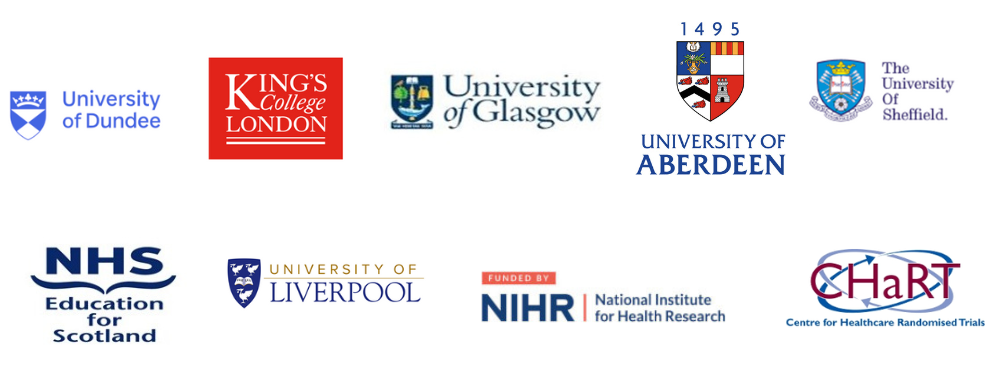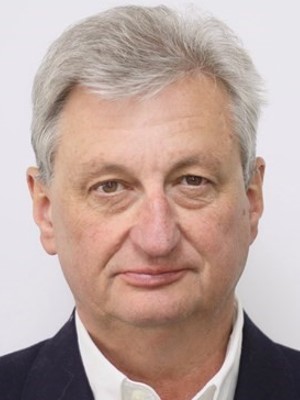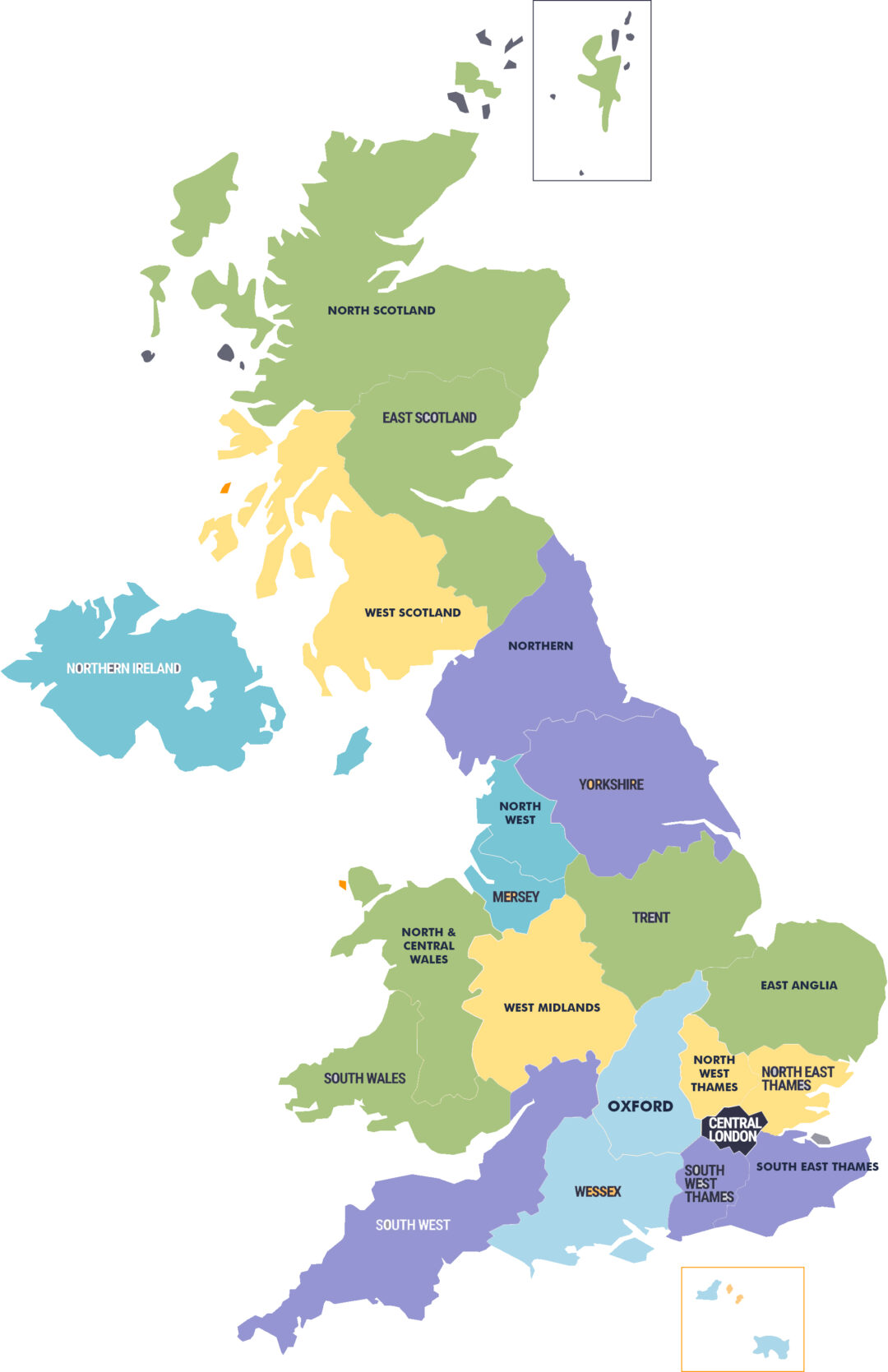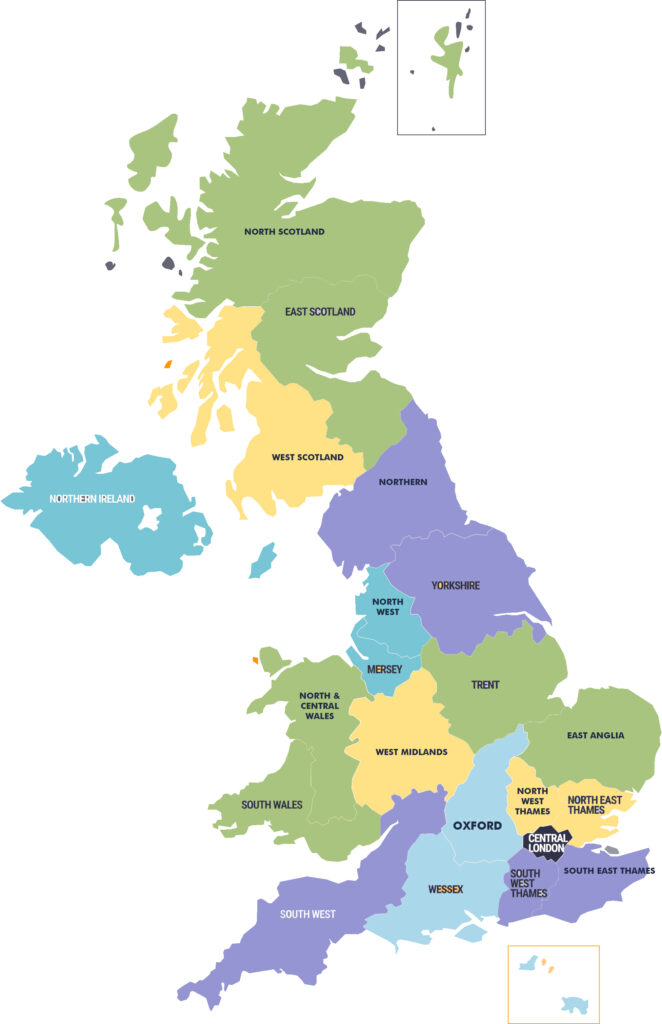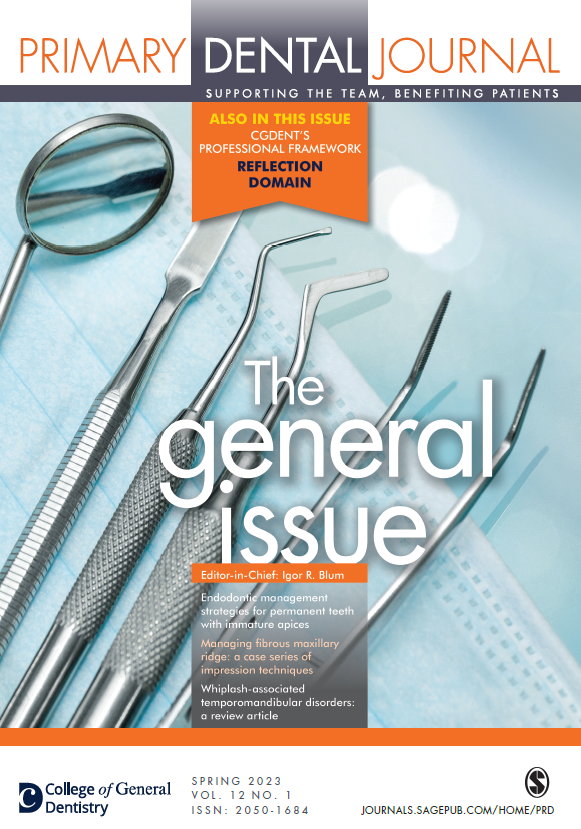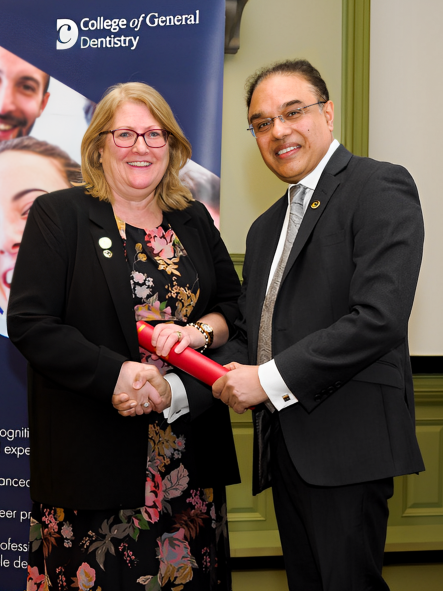The President of the College, Dr Abhi Pal, has given evidence to the House of Lords Committee on the Integration of Primary and Community Care.
Addressing Peers remotely during an evidence session held yesterday afternoon, he said that while there are huge potential benefits for patients if dentistry were to become more integrated within wider NHS care delivery, in practice dental care provision remains isolated.
Dr Pal, a general dental practitioner and Principal of an NHS-contracted dental practice in Edgbaston, said there has been a lack of national policy to promote such integration, and that the current dental contract, along with other systemic constraints, actively gets in the way of achieving it.
In wide-ranging evidence, he also:
- said dental representation and input into Integrated Care Boards was inadequate and needs to be formalised and properly resourced
- noted the role of dental hygienists, therapists and nurses, in addition to dentists, in providing preventive messages in areas like diabetes, coronary heart disease, obesity and smoking
- highlighted the bidirectional links between some oral health conditions and some wider health conditions, and the effects of the management of each on the other
- referred to the ‘pockets of innovation’ in integrative care and flexible commissioning, such as the limited number of local and regional pilots around urgent care, diabetes and older patients, but made clear that they are exceptions to the norm
- suggested that access within dental practices to patients’ medical records could enhance patient care
Dr Pal – the first elected President of the College, which became fully operational in 2021 – was speaking alongside representatives of the College of Optometrists and the Royal Pharmaceutical Society, and is the only representative of the dental profession out of over 60 individuals who have either given evidence to the enquiry to date or are currently scheduled to do so.
In March, he addressed the House of Commons Health and Social Care Select Committee as part of an oral evidence session on NHS dentistry in England, telling it that if the government wishes to retain and reinforce the NHS dentistry workforce, it needs to offer greater professional fulfilment and recognition in addition to reforming the NHS contract.
Last year, he also visited No.10 Downing Street for a discussion on access to careers and progression in dentistry, and he has previously discussed these issues with the Shadow Health Secretary.
A transcript of the House of Lords evidence session featuring Dr Pal is now available at https://committees.parliament.uk/oralevidence/13151/pdf/
The portion of the session featuring Dr Pal can be viewed above, and the full session can also be viewed online at https://parliamentlive.tv/event/index/5fc7fcce-a4f8-484a-9d43-25250ac5ece5


